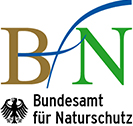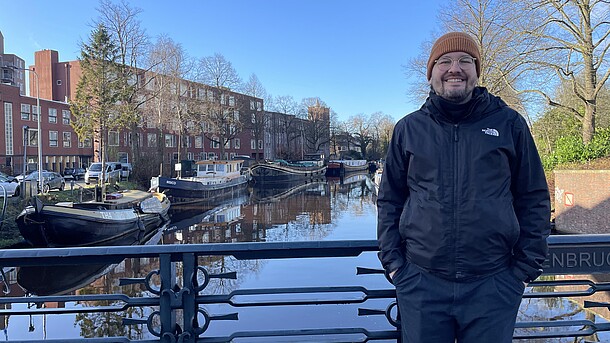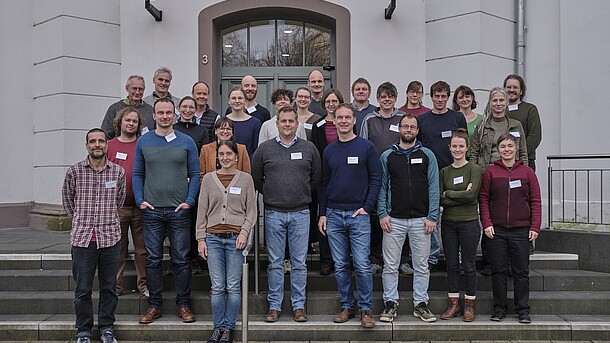Eco-friendly energy supply from 100% renewable energies 2050 (EE100)

| Led by: | Prof. Dr. Christina von Haaren, Prof. Dr. Michael Rode, Dr. Julia Wiehe |
| Team: | M.Sc. Anna Walter, Dr. Julia Wiehe |
| Year: | 2018 |
| Funding: | Federal Agency for Nature Conservation (BfN) |
| Duration: | December 2015 - June 2017 |
| Is Finished: | yes |
Project description
In the course of the energy transition, the German government is pursuing the goal of transforming the energy supply system to the use of renewable energies. At the same time, far-reaching goals are to be implemented in the fields of nature conservation and landscape management. In this respect, the conversion of the energy supply system must be designed in such a way that conflicts with the protection and development goals of nature conservation are minimized or avoided.
The aim of the research project is to identify the main levers for a future eco-friendly energy supply from 100% renewable energy sources, based on today's political options for action, and to point out corresponding future paths. In this project, the future viability of renewable energies is to be measured primarily against the standard of environmental compatibility. This requires an intensive examination of future technologies in the energy sector as well as the elaboration of optimization needs and potentials from a nature conservation perspective, both in technical and spatial terms.
The derivation of the current need for action is done with the help of scenarios. Methodically, the target state of having achieved an eco-friendly energy supply with 100% renewable energies in 2050 is assumed and the current need for action is derived retrospectively. In contrast to other scenario methods, which follow a continuation of the current trend towards increasing shares of renewable energies in the form of forecasts, this method (backcasting) enables the identification of the development paths necessary or possible to achieve the target.
The full report on the research project can be found here.
You can download the material volume on the research project here. The file is not barrier-free.
Project partners
- CUTEC Institute GmbH
- Leibniz University Hannover, Institute of Electric Power Systems (IfES),
Electric Power Engineering Section





